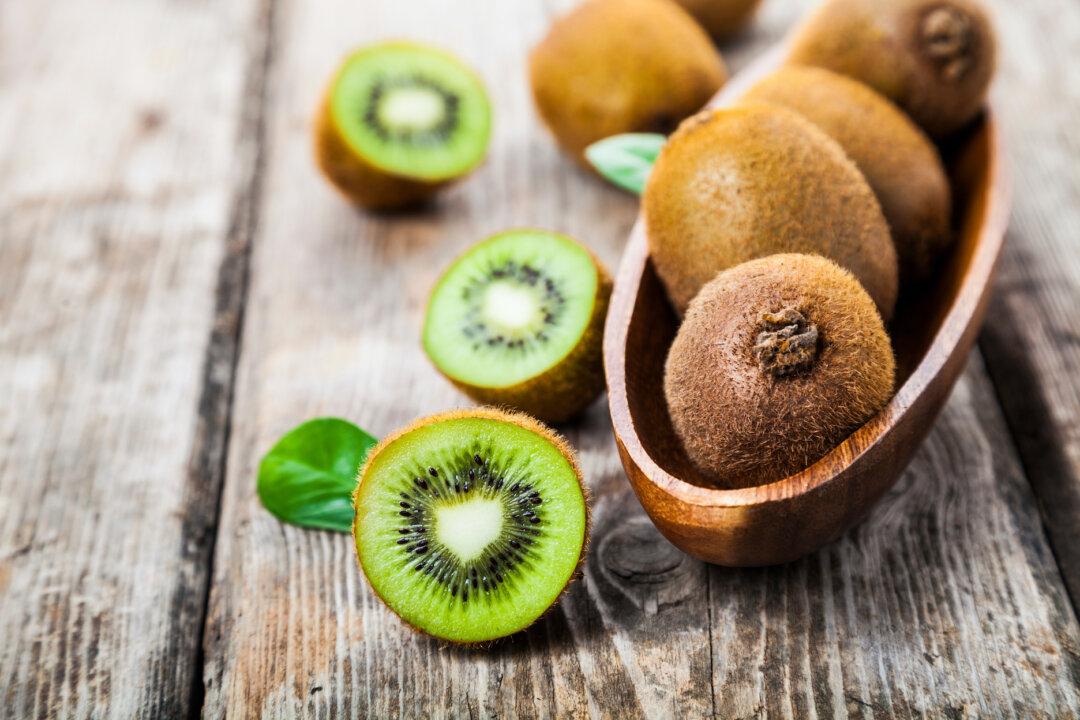The kiwi is a wonder fruit when it comes to tackling the tough, often painful, chronic constipation afflicting so many people worldwide.
Chronic constipation can have many causes. The good news is, nature has many remedies for this uncomfortable, even painful, condition.





